INVESTMENT & EXPANSION ON THE HORIZON
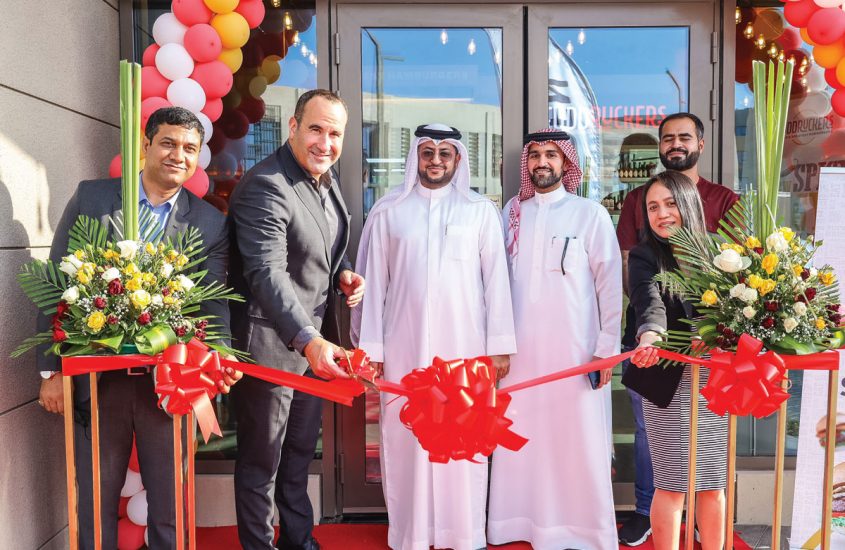
FACT quizzed Mateo Ramos – CEO Foodvest Holding about his own business philosophy and the group’s plans for the future.
What does Venture Capital Bank/Foodvest Holding do?
Foodvest is a partnership between private investors and Venture Capital Bank (VCB is headquartered in Manama). We invest in food, food technology, supply chain/food production, et cetera We are open to projects across the region.
Which brands do you work with in Bahrain?
We directly own Fuddruckers and Caribou Coffee – along with our own food manufacturing facility, the ‘Bou Bakery’.
With successful operations in Florida in hand, what made you decide to come to the Middle East?
While I was living in Florida and developing my own family concepts, I was working with Burger King (BK) US Operations in various roles. They asked me to come out to the Middle East to support BK regionally with Olayan. I was also involved with Texas Chicken and Buffalo Wild Wings.
Once I visited the region to consider the opportunity, it was clear to me that I wanted to leave home and work abroad – and given the opportunity to operate three major brands, it wasn’t a difficult decision. Food and beverage (F&B) in the Middle East, in general, is changing faster than elsewhere and with more exciting developments. For example, home delivery developed here in this region, 15 years before its wide-scale adoption in the United States. The region has a favourable business model that rewards risk-taking, and a clientele who possess a higher will to try new things. Don’t get me wrong – the US is my home and I will return one day to utilise all the skills I have learned abroad – but this is where the action is right now.
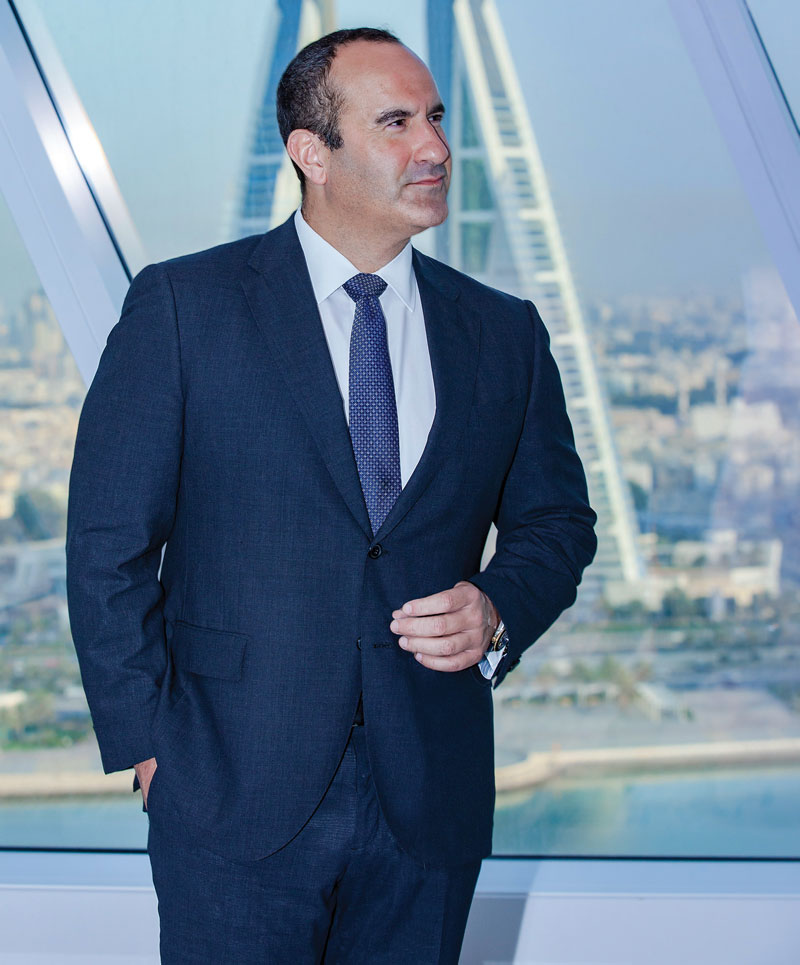
How was your experience doing business in the Gulf region compared with the US?
It’s a completely different business model than the US in both investment and operation. Multiculturalism, earlier and faster adaptation of technology, shorter concept lifespan and property leases and dependence on social media are examples of the differences. Using the case of home delivery – because the Gulf features low fuels costs, low maintenance costs, low insurance costs (due to a culture that doesn’t encourage and reward litigation) – entrepreneurs could develop the channel. These barriers, along with many others, exist in the US and developed Western economies and sometimes stifle innovation and entrepreneurship.
Have you found it different operating in Bahrain to the rest of the Gulf?
I always say that doing business in the UAE/Qatar/Kuwait is like opening restaurants in Las Vegas or LA. Bahrain is very similar to rural Texas or Florida. In the other markets, you have to be flashy and appeal to a tourist client where the relationship is short-term and transactional (this contributes to the abbreviated concept lifespan). In Bahrain, the consumer behaves more traditionally – more rationally – rewarding brands holding favourable priceto-quality propositions with continual return business.
Having managed more than 100 restaurants at one point, what precipitated the move to partnership with an investment bank?
Fabulous question. The opportunity with Foodvest was much more than a traditional restaurant operator role. Normally, restaurant operators are tasked with delivery of tailored KPI’s (key performance indicators) along lines that don’t always translate into the success of the overall organisation. I have been a restaurant owner in some form since I was in my early 20s. I have the mind of an owner-operator and I was excited for the opportunity to teach others this mindset. In addition, the experience of running an F&B company from the position of a venture capital entity, with the requirements of raising capital and deploying it successfully, was something I needed to do.
We understand your strategy for Foodvest includes expansion in the Bahrain (and Saudi?) market. Can you give us an outline of what the short- and longer-term future looks like?
Yes, we are actively looking at investments in UAE/Saudi/ Oman at this time – with both our current brands and additional ones. For the remainder of 2021 with the current portfolio – we have two additional Caribou locations under construction, in addition to a planned remodel (location TBC). Entering 2022 – we have planned an additional three new Caribou locations plus the expansion of Fuddruckers into Muharraq. In addition, we will be turning our attention to improving the image of some of our older stores in key locations.
It will be fundamental for us to finish the re-image of Fuddruckers across all locations to mark the 25th anniversary of the brand. For Caribou, look for us to continue our investment and expansion in the digital sphere with enhancements within our proprietary mobile applications and loyalty, and further implementation of technology within the units as we remodel and improve the guest experience. Our future is not simply grounded in unit expansion. We will continue to invest in product development – Caribou Bahrain was the first coffee chain in the Middle East to launch a full gluten-free and vegan line nationally. We will be expanding this offering starting in 2022 with our annual ‘New Year, New Bou’ promotion which focuses on starting the year off with the dietary choice of modern consumers.
How has the group managed to come through the pandemic with the ability to look towards future investment?
When an economic crisis hits – and I’ve been through the 2001 and 2008 shocks in the US, in addition to the hospitality-sector contraction years of 2015-2018 in the UAE and KSA – you will see many market players divert funds from marketing and expansion to weather the storm. We chose the opposite track. We were already shifting our growth ambitions away from malls and towards drive-thru locations within communities. We decided to accelerate this. We raised capital and opened more locations while also increasing and improving our marketing spend and adding headcount to our support and leadership functions. As a result, we have been more or less able to maintain our revenue at pre-pandemic levels. Credit goes to our ownership who bought in to our plan and supported us as we delivered.

Do you have any words of wisdom to offer to others in the hospitality/food and beverage market at what is a difficult time for everyone?
Agility and humility. It’s important to realise that what worked in the past will most likely not work in the future. The world changes fast and competitors adapt quickly. One must stay humble, and always be looking for the next avenue to deliver a better experience to your guest. We are, hopefully, nearing the end of the largest shock to our business (ever?). But be assured, there will be more challenges ahead and the race to prepare for them starts now. See you in the restaurants. ✤

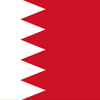
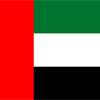



















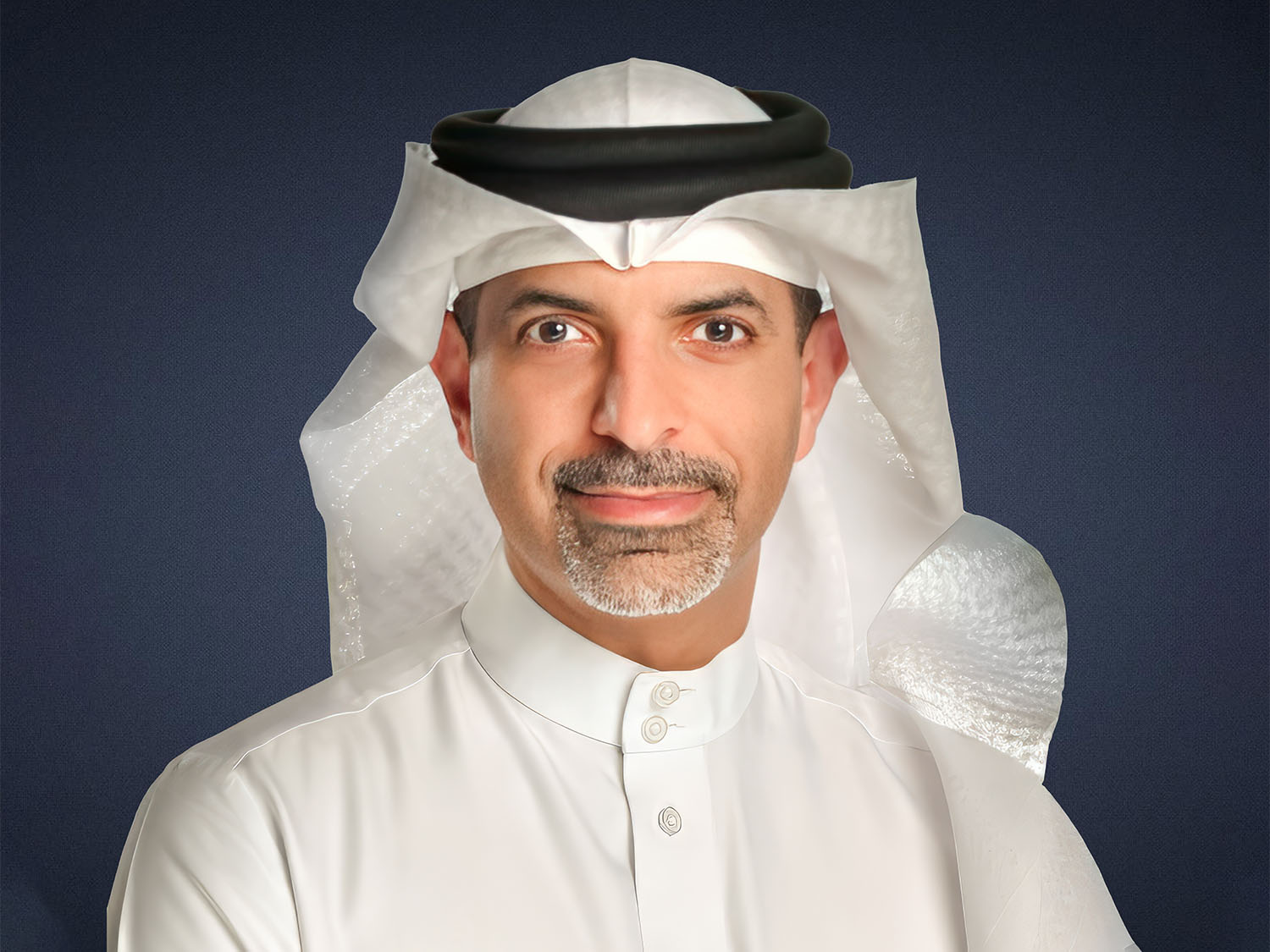
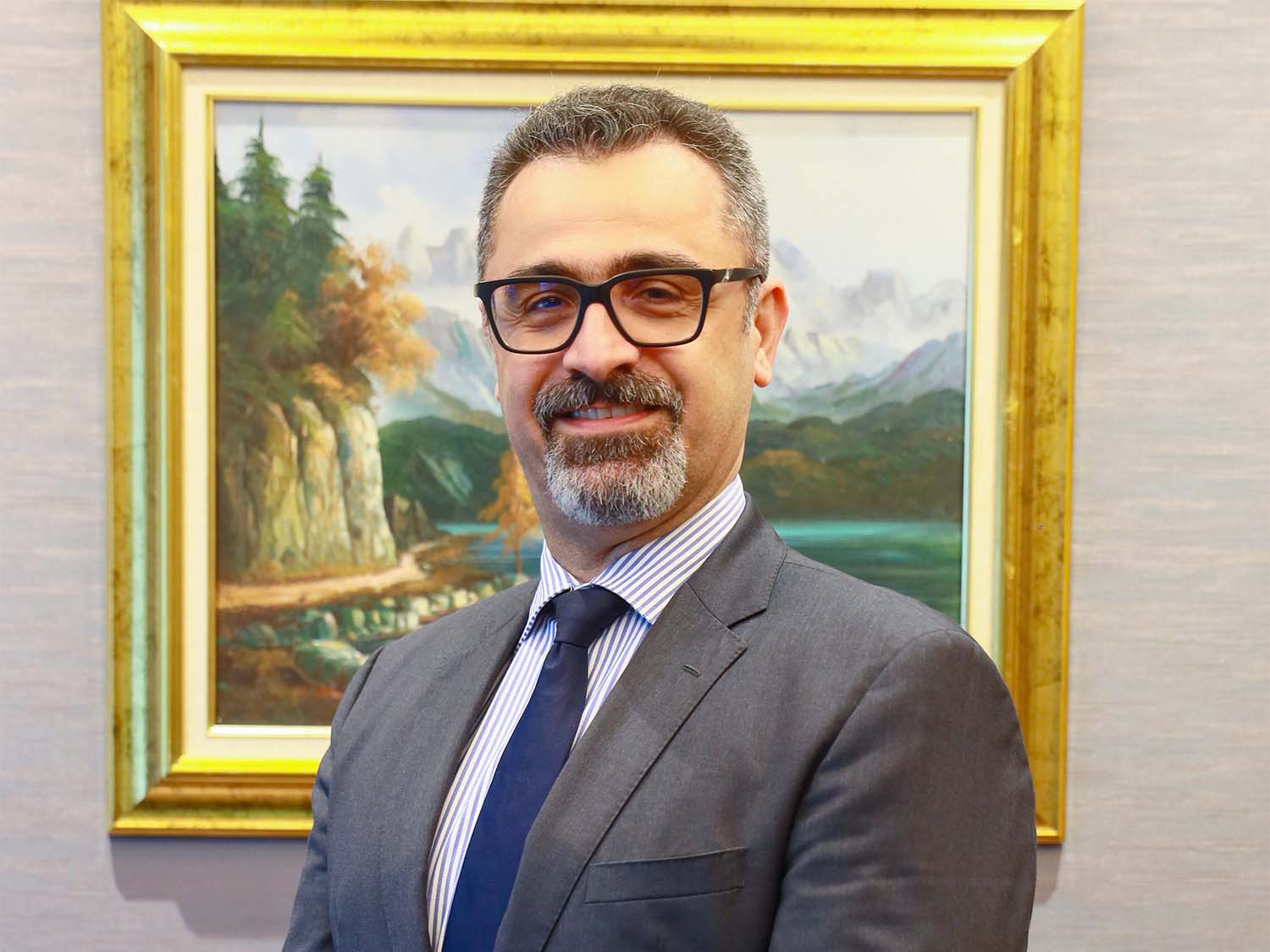
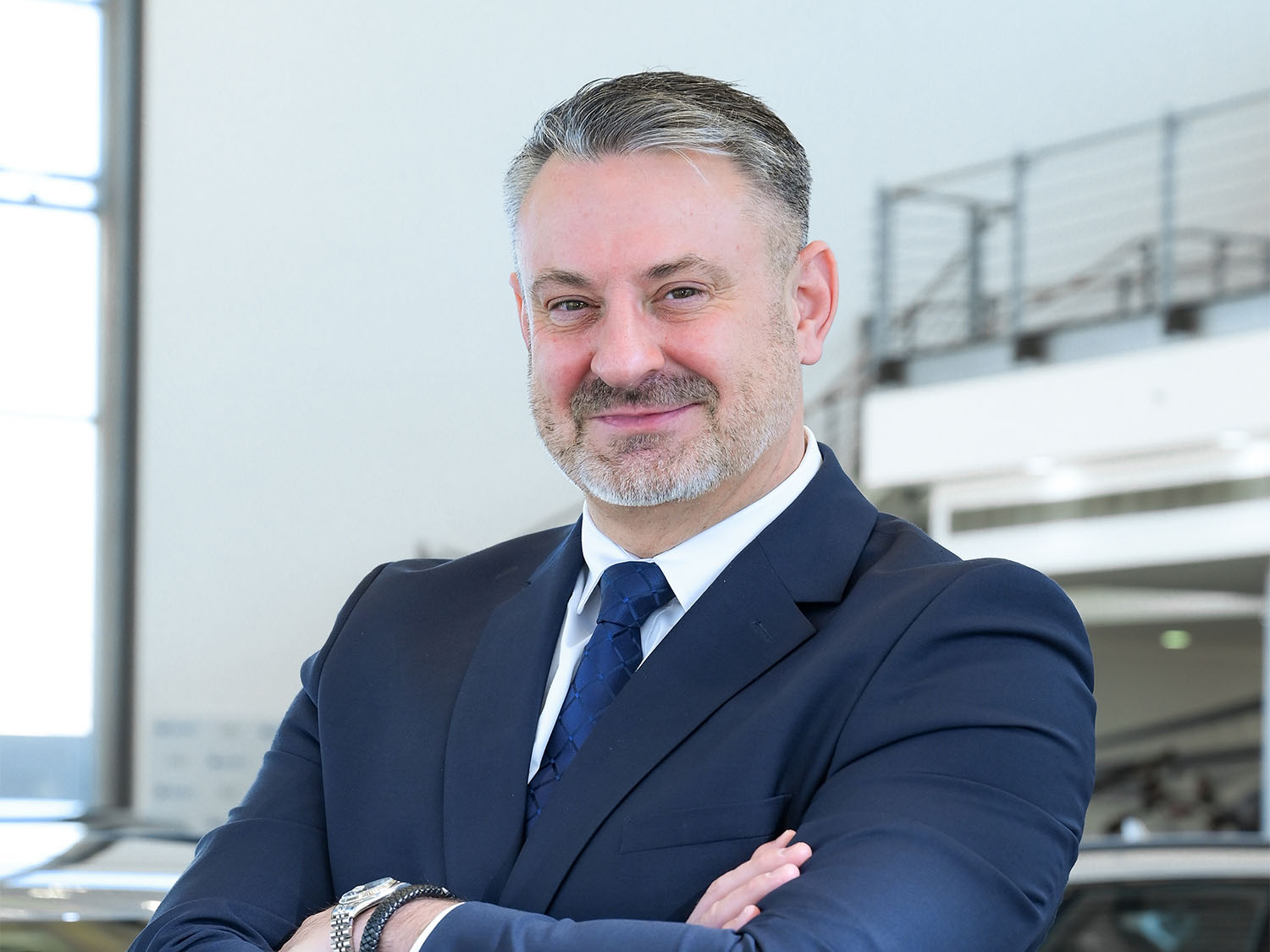




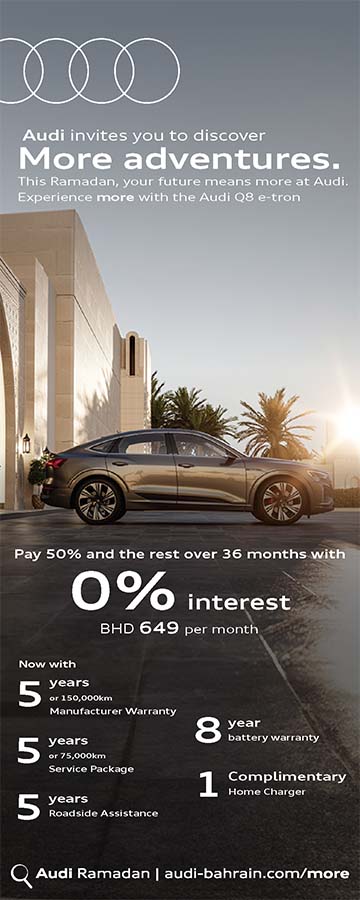
Comments are closed.